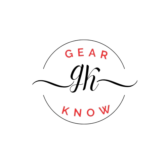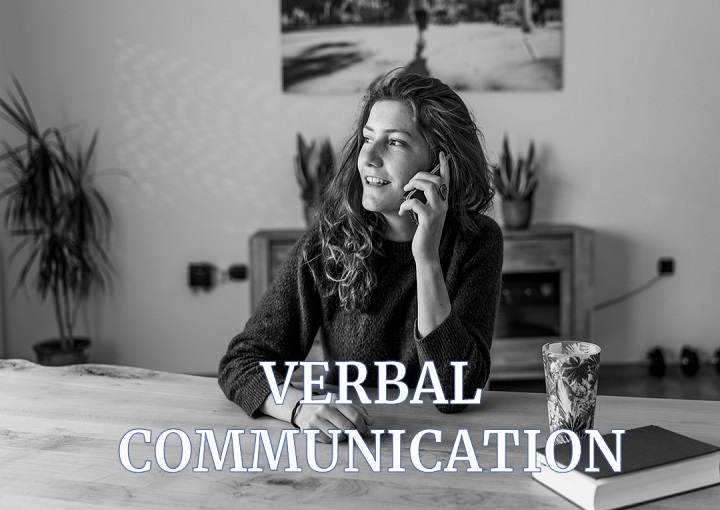Effective verbal communication is crucial for success in both personal and professional life. Discover the key strategies for improving your verbal communication skills and boosting your confidence in any situation.
Introduction:
Effective verbal communication is a critical skill that everyone needs to master to succeed in today’s world. Whether you are a student, an employee, a manager, or a business owner, the ability to communicate effectively with others is essential for building relationships, resolving conflicts, negotiating deals, and achieving your goals.
However, not everyone is born with great verbal communication skills, and many people struggle to express themselves clearly and confidently in front of others. The good news is that effective verbal communication can be learned and improved with practice and the right strategies.
In this article, we will explore some of the key strategies for mastering effective verbal communication, including:
- Understanding the importance of effective verbal communication
- Developing your listening skills
- Improving your speaking skills
- Using nonverbal communication effectively
- Tailoring your communication style to different audiences
- Overcoming common communication barriers
- And much more!
So, let’s get started and discover how you can become a master of effective verbal communication.
Understanding the Importance of Effective Verbal Communication
Effective verbal communication is not just about speaking clearly or fluently. It’s about conveying your message in a way that is easily understood by your audience and achieves the desired results. Whether you are giving a presentation, negotiating a deal, or simply having a conversation with someone, effective verbal communication is essential for:
- Building trust and rapport with others
- Establishing credibility and authority
- Expressing your ideas and opinions clearly
- Persuading others to your point of view
- Resolving conflicts and misunderstandings
- Building strong relationships
- And much more!
Without effective verbal communication skills, you may find it challenging to achieve your goals, both personally and professionally.
Developing Your Listening Skills
One of the most critical components of effective verbal communication is listening. Listening involves not just hearing what the other person is saying but also understanding their perspective, emotions, and intentions. To become a better listener, try these strategies:
- Give your full attention to the speaker and avoid distractions.
- Maintain eye contact and use body language to show you are engaged.
- Ask open-ended questions to encourage the speaker to elaborate on their ideas.
- Paraphrase what the speaker has said to ensure you have understood their message correctly.
- Avoid interrupting the speaker and wait until they have finished speaking before responding.
By developing your listening skills, you can become a more effective communicator and build stronger relationships with others.
Improving Your Speaking Skills
Another essential aspect of effective verbal communication is speaking. To improve your speaking skills, try these strategies:
- Practice speaking in front of a mirror or with a friend to build your confidence.
- Use clear and concise language to convey your message.
- Avoid using jargon or technical language that may confuse your audience.
- Use examples and stories to illustrate your points and make them more memorable.
- Use pauses and emphasis to highlight key points and create a more engaging presentation.
- Use humor or anecdotes to lighten the mood and connect with your audience.
By improving your speaking skills, you can become a more effective communicator and inspire others to take action.
Using Nonverbal Communication Effectively
Nonverbal communication, such as body language, facial expressions, and tone of voice, can also play a crucial role in effective verbal communication. To use nonverbal communication effectively, try these strategies:
- Maintain eye contact with your audience to establish trust and credibility.
- Use gestures to emphasize your points and make your message more engaging.
- Use facial expressions to convey emotions
- Use tone of voice to express your emotions and convey your message effectively
- Pay attention to the nonverbal cues of your audience to gauge their reactions and adjust your communication accordingly.
- Use appropriate posture and body language to convey confidence and authority.
By using nonverbal communication effectively, you can enhance your verbal communication and create a more powerful impact on your audience.
Tailoring Your Communication Style to Different Audiences
Effective verbal communication involves tailoring your message and communication style to different audiences. Whether you are communicating with your boss, colleagues, friends, or family members, you need to adjust your communication style to suit their needs and preferences.
To tailor your communication style effectively, consider the following:
- Understand the communication preferences and styles of your audience.
- Adjust your language and tone to match the needs of your audience.
- Use examples and stories that are relevant to your audience’s interests and experiences.
- Be aware of cultural differences and adjust your communication style accordingly.
- Consider the context and purpose of your communication.
By tailoring your communication style to different audiences, you can build stronger relationships and achieve your communication goals more effectively.
Overcoming Common Communication Barriers
Effective verbal communication can sometimes be hindered by various barriers, such as language differences, cultural barriers, emotional barriers, and physical barriers. To overcome these barriers, try the following strategies:
- Be patient and respectful of different communication styles and preferences.
- Use simple and concise language to avoid confusion or misunderstanding.
- Be aware of cultural differences and adjust your communication style accordingly.
- Avoid using jargon or technical language that may be difficult to understand.
- Use visual aids, such as diagrams or pictures, to enhance your communication.
- Clarify misunderstandings and ask for feedback to ensure your message is understood.
By overcoming common communication barriers, you can become a more effective communicator and build stronger relationships with others.
Conclusion:
Effective verbal communication is a critical skill that everyone needs to master to succeed in today’s world. By understanding the importance of effective verbal communication, developing your listening and speaking skills, using nonverbal communication effectively, tailoring your communication style to different audiences, and overcoming common communication barriers, you can become a more effective communicator and achieve your goals more successfully. Remember, effective verbal communication is not just about speaking clearly or fluently, but also about conveying your message in a way that achieves the desired results and builds strong relationships with others.
FAQs:
1. What are the benefits of effective verbal communication?
Ans: Effective verbal communication can help you build trust, establish credibility, express your ideas clearly, persuade others, resolve conflicts, build strong relationships, and achieve your goals.
2. How can I improve my verbal communication skills?
Ans: You can improve your verbal communication skills by developing your listening skills, improving your speaking skills, using nonverbal communication effectively, tailoring your communication style to different audiences, and overcoming common communication barriers.
3. What are some common communication barriers?
Ans: Common communication barriers include language differences, cultural barriers, emotional barriers, and physical barriers.

